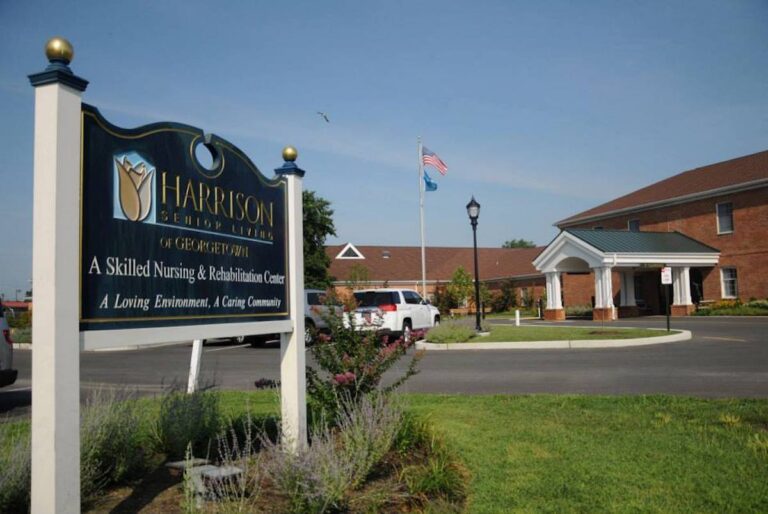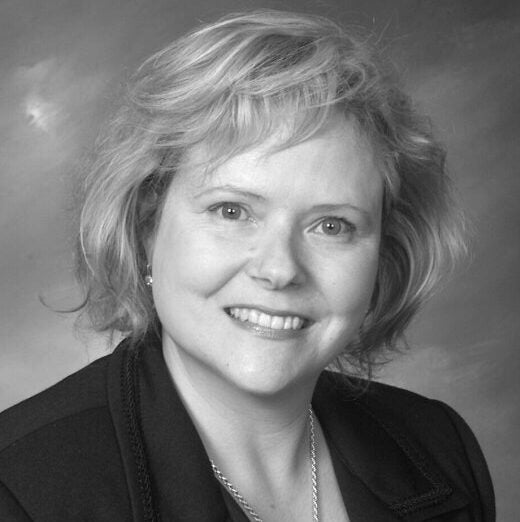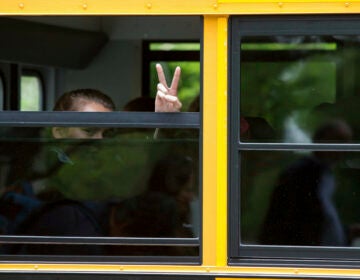Coronavirus-related deaths at Delaware long-term care facilities stubbornly high
A WHYY analysis found that fewer than 0.7% of Delawareans live in long-term care facilities, but those residents account for 8.2% of COVID cases and 62.3% of related deaths.
Listen 1:48
Forty residents of Harrison House Senior Living in Georgetown have died of coronavirus-related causes. (Facebook)
Are you on the front lines of the coronavirus? Help us report on the pandemic.
Since the coronavirus first hit Delaware in early March, public health officials have spent a lot of time talking about outbreaks at prisons, chicken processing plants and the beach.
Yet one hotspot has remained constant as nearly 14,602 Delawareans have been infected and 581 died of coronavirus-related causes.
It’s Delaware’s long-term care facilities, which consist mainly of nursing homes and assisted-living centers and had about 7,000 residents before the pandemic struck.
Fewer than 0.7% of Delawareans live in long-term care but as of Wednesday, they account for 8.1% of coronavirus cases and 62.3% of related deaths, a WHYY analysis found.
The rise in cases has slowed somewhat in recent weeks but that’s still 1,180 infected people who already have compromised immune systems and underlying medical conditions. A total of 361 – nearly 1 in 3 of the infected – have died.
Calculated another way, about 1 in 19 long-term care residents in Delaware have died from COVID-related causes. Among the rest of the state’s residents, about 1 in 4,350 have died.
In addition, at least 461 long-term care staff members have tested positive and one died, according to the latest state statistics, released more than a month ago.
State and facility officials have worked to stem the toll in long-term care facilities with widespread testing of residents and staff, strict limits on who can enter buildings, and enhanced safety measures.
Public health officials would not speak with WHYY this week about the continued impact on long-term care facilities, where 35 of the 87 have had at least one resident die of coronavirus-related causes.
Six facilities have seen at least 20 deaths, with the most occurring at Harrison House Senior Living in Georgetown, where 40 people have succumbed to the virus.
But in mid-April, when long-term care centers already accounted for more than half of Delaware’s initial deaths, state social services secretary Dr. Kara Odom Walker said shielding them from infection is a daunting task.
“If you can’t even manage on your own for those activities in daily living, it makes it even more challenging to implement things like cover your cough or your sneeze,” Odom Walker said then.

Cheryl Heiks, who heads the Delaware Health Care Facilities Association, the industry’s trade group, said that before Delaware’s first cases were recorded, “the only thing we could have done to avoid it completely is shut the doors and had staff live there.”
She added that containment efforts were hampered initially by a lack of personal protective equipment that went instead to hospitals.
She also says a cavalier approach among some members of the public to wearing masks and socially distancing has hampered efforts to control community spread. She singled out young adults going to bars down the beach.
“I don’t know how else to convince the public about how to take this seriously,’’ Heiks said. “Because if the community is saying, ‘Well it’s over and we can go around without masks, I’m really tired of doing this, I really want to have a party or participate in something,’ I don’t think they realize there’s the trickle-down effect.
“Somewhere along the line that virus is going to connect with someone and it’s going to connect with someone who is going to connect with someone who works in a long-term care facility or has a connection to one.”
‘Which of their old people would they give up?’
Candace Roseo’s mother Pat Wagner has dementia and lives at the Little Sisters of the Poor facility in Newark, where 11 patients had died by April 15. The facility hasn’t seen one patient die since then and Roseo said it hasn’t had a case for weeks, paving the way for their first face-to-face visit in four months.
Wagner, 75, has remained coronavirus-free throughout the outbreak, which her daughter credits to the facility’s fervent safety and anti-infection protocols once the virus swept through its skilled nursing section.
Their long-delayed time together occurred Friday, in an outdoor tent.
When she arrived, Roseo wore a mask and had her temperature taken by an employee, who also was wearing a mask. She was asked a series of questions about her own health, then allowed into the tent.
Her mother, also wearing a mask, entered and sat down several feet away. They didn’t embrace, of course.
“We had a lovely first visit,’’ Roseo said, noting that her mother has been on a roller-coaster of sorts.
“Last week she was going great. A week before that, everything was taking a toll on her. She was really depressed and when that happens cognitively she doesn’t function as highly,” Roseo said.

Her mom knows about the pandemic, but her memory is often faulty. “She forgets and she’ll say, ‘When are you and your sister coming by and pick me up because I want to go shopping?’’ Roseo said. “I’ll say, ‘You remember that we have to wear those masks and everything so we can’t come and pick up and go shopping? But we’ll pick it up and drop it off.’ ”
Roseo said she can’t wait until that shopping excursion can occur and encourages fellow Delawareans to wear masks and social distance so the virus can dissipate.
She also is irked that some people, especially on social media, minimize the impact of the coronavirus by noting that it doesn’t kill many people who aren’t elderly with underlying conditions. Eighty-three percent of Delawareans who have died are age 65 or over.
“Which of their old people would they like to give up?’’ she asked, her voice cracking as she spoke about a friend whose elderly mother recently contracted the virus and died.
“She is just crushed,’’ Roseo said. “Her mother was fine. Her mother had some health risks but her mother’s health was great. She had been on her own in Florida, lived independently. She was doing great but she got COVID and passed away.”

Get daily updates from WHYY News!
WHYY is your source for fact-based, in-depth journalism and information. As a nonprofit organization, we rely on financial support from readers like you. Please give today.




![CoronavirusPandemic_1024x512[1]](https://whyy.org/wp-content/uploads/2020/03/CoronavirusPandemic_1024x5121-300x150.jpg)


